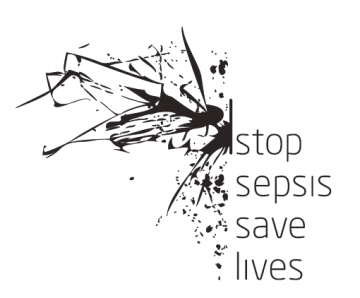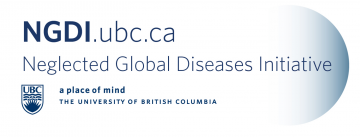World Sepsis Day 2015
 Please join us on Sept 11 for an early event in recognition of World Sepsis Day on Sunday Sept 13, 2015. The UBC community has recently made breakthroughs in the treatment and diagnosis of Sepsis and our understanding of the disease.
Please join us on Sept 11 for an early event in recognition of World Sepsis Day on Sunday Sept 13, 2015. The UBC community has recently made breakthroughs in the treatment and diagnosis of Sepsis and our understanding of the disease.
Sepsis is one of the most common, least-recognized illnesses in both the developed and developing world. Globally, 20 to 30 million patients are estimated to be afflicted every year, with over 6 million cases of neonatal and early childhood sepsis and over 100,000 cases of maternal sepsis.
Worldwide, a person dies from sepsis every few seconds.
In the developed world, sepsis is dramatically increasing by an annual rate of between 8-13 % over the last decade, and now claims more lives than bowel and breast cancer combined. Reasons are diverse, but include the aging population, increasing use of high-risk interventions in all age groups, and the development of drug-resistant and more virulent varieties of infections. In the developing world malnutrition, poverty, lack of access to vaccines and timely treatment all contribute to death.
Despite its remarkable incidence, sepsis is practically unknown to the public and is often misunderstood as blood poisoning. Sepsis arises when the body’s response to an infection injures its own tissues and organs. It may lead to shock, multiple organ failure, and death, especially if not recognized early and treated promptly. Sepsis remains the primary cause of death from infection despite advances in modern medicine, including vaccines, antibiotics, and acute care with hospital mortality rates between 30 and 60%.
To stem the rising tide and take appropriate steps to ultimately reverse the global increase in the numbers of deaths from sepsis, we – the global sepsis community – issue this common call to worldwide action.
Location: Paetzold Education Centre, 1st Floor, Jim Pattison Pavilion, Vancouver General Hospital, 899 West 12th Avenue, Vancouver
Date: September 11, 2015
Time: 1:00 – 3:00 PM with reception following
| Opening Comments, Richard Lester, MD, FRCPC, Director, NGDI and Assistant Professor, Infectious Diseases, Medicine, UBC |
| Niranjan “Tex” Kissoon, MD, FRCPC, CPE, FAAP, FCCM, FACPE Vice President Medical Affairs, BC Children’s Hospital Vice-Chairman, Global Sepsis Alliance Executive Board Professor, Pediatrics, Faculty of Medicine, UBC Overview of the global status of Sepsis and coordination efforts for a UN sanctioned Day. |
| Keith Walley, MD, FRCPC Director, UBC James Hogg Research Centre Centre for Heart Lung Innovation, UBC & St. Paul’s Hospital Professor, Critical Care, Faculty of Medicine, UBC PCSK9 is a critical regulator of the innate immune response and septic shock outcome. |
| Mark Ansermino, MBBCH, MMed, MSc (Informatics), FFA (SA), FRCPC Director of Research for Pediatric Anesthesia, BC Children’s Hospital Director, Innovations in Acute Care & Technology research cluster, and Senior Associate Clinician Scientist, CFRI Associate Professor, Anesthesia, Faculty of Medicine, UBC Phone Oximeter use in Sepsis diagnosis and care in developing countries |
| John Boyd, MD Assistant Professor, Respiratory Medicine, Faculty of Medicine, UBC Centre for Heart Lung Innovation, UBC & St. Paul’s Hospital Infection Prevention and Control Physician, Providence Health Care An Endotoxin Tolerance Signature Predicts Sepsis and Organ Dysfunction at Initial Clinical Presentation |
| Closing comments, Niranjan “Tex” Kissoon, VP Medical Affairs, BCCH |
| Refreshments served in foyer |
Download poster here.

